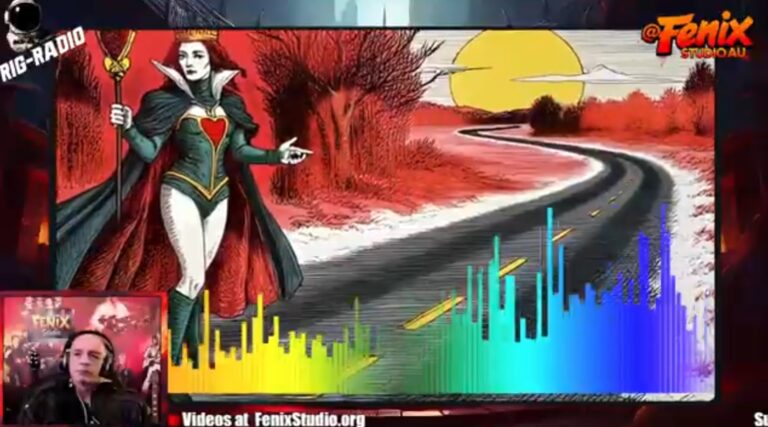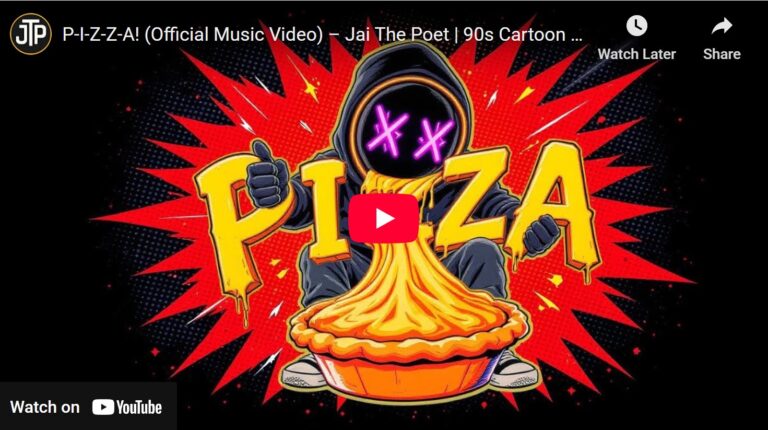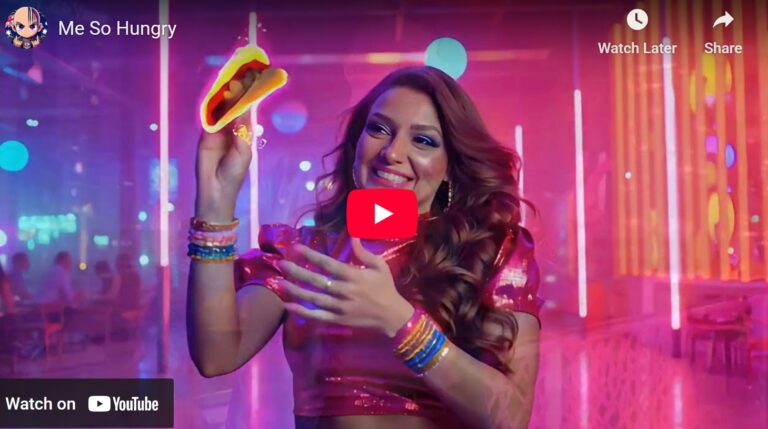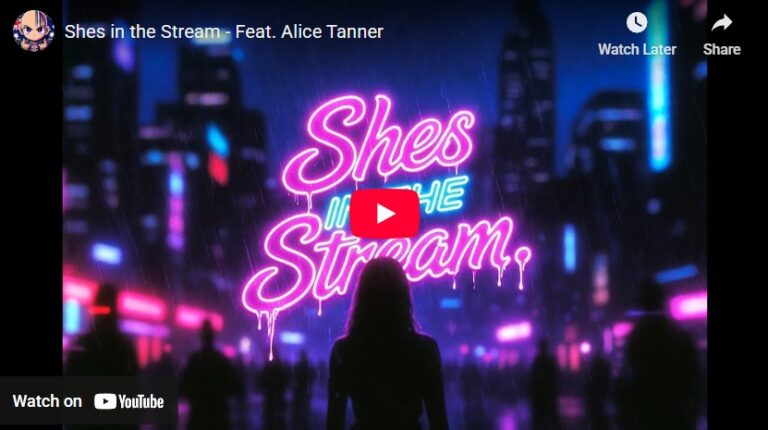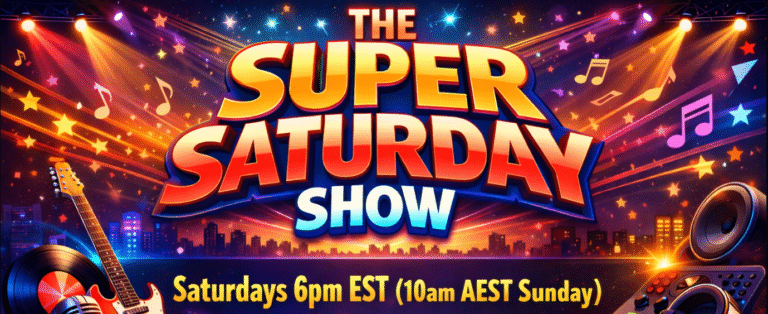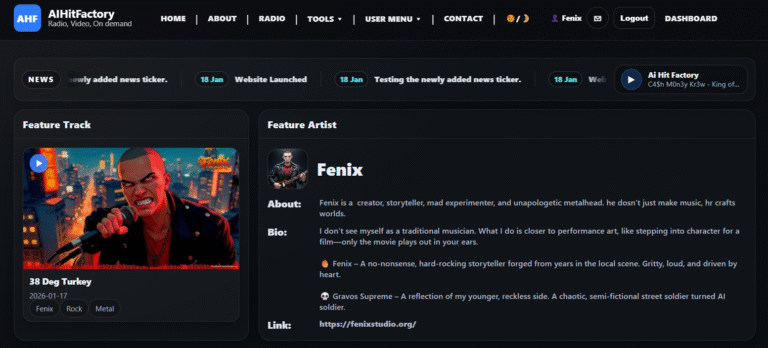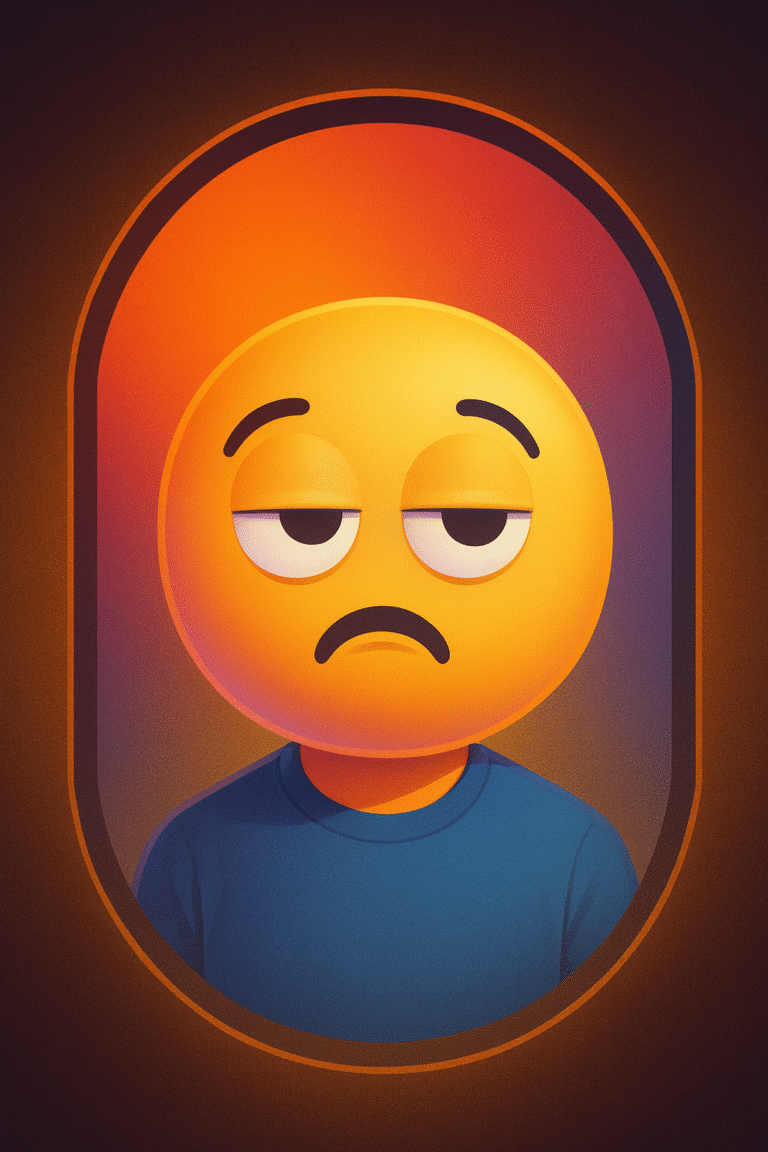Something broke this week, not just in code, but in trust.
Udio, once one of the most community-loved AI music platforms, has signed a “strategic partnership” with Universal Music Group. On paper, it’s a collaboration. In reality, it feels like a surrender.
A Partnership in Name, a Settlement in Nature
Officially, Universal calls it a “strategic agreement”… language straight out of the corporate PR handbook.
But let’s not pretend we don’t know what that really means.
This “partnership” came right after months of lawsuits and legal threats from the very same labels now calling themselves “partners.” Reuters even used the word settled in their headline.
So no, this wasn’t innovation meeting opportunity.
This was pressure meeting fatigue, a brilliant team worn down until they finally signed the papers.
You Could See It on Their Faces

When Udio’s head developer appeared in the meeting video announcing the deal, the tension was visible.
He spoke in calm, PR-friendly tones about “new possibilities,” “partnerships,” and “responsible AI.”
But behind him, the rest of the team sat silent, stiff, disconnected, clearly unhappy.
These were creators, engineers, dreamers, people who built something that changed how music could be made, and they looked like hostages to a headline.
That wasn’t a celebration. It was resignation.
The Real Betrayal
The worst part isn’t even the deal itsel, it’s the way they handled it.
One day, users could download their songs and build on them.
The next, the download button was gone.
Terms of Service changed overnight, and the very creations that users believed were theirs suddenly belonged to a corporate “ecosystem.”
No warning, no transparency, no respect.
People poured their heart into those songs, and they were locked out of their own art.
Morally, that’s indefensible.
Where the Real Creators Should Go Now
If the Udio devs still care about what they built, they shouldn’t stay under Universal’s shadow.
They should jump ship.
Join the open-source world, where creation still means freedom.
Collaborate with projects like ACE-Step, DiffRhythm, or MusicGen.
Or better ye, start something new and let the community fund it through GoFundMe, Patreon, or Kickstarter.
We’ll back them.
We’ll give them the data, our music, willingly this time, to train something ethical and community-driven.
The talent that built Udio shouldn’t go to waste in Universal’s marketing machine.
Let It Die,and Let the Next One Rise
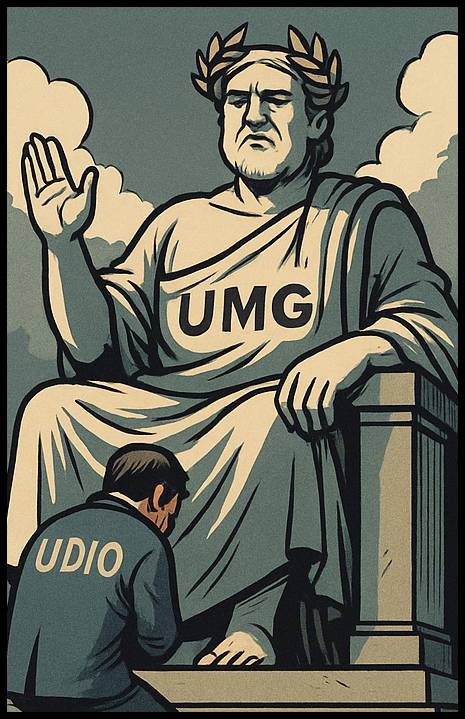
Udio as we knew it is gone.
We don’t need to prop up what Universal turns it into.
Let it fade.
Let it fail.
Because every user who walks away takes a little piece of what made it special, and without that creative energy, all Universal will have is a hollow product dressed up in corporate polish.
They can’t bottle the soul that made Udio great.
What This Teaches Us
The lesson here is brutal but clear:
If your creativity lives on someone else’s server, it’s not really yours.
So back up your work.
Move to platforms that respect ownership.
Support open-source developers who build tools for creators, not for shareholders.
Udio may have sold out, but that doesn’t mean we have to.
The revolution doesn’t end here, it just changes servers.

